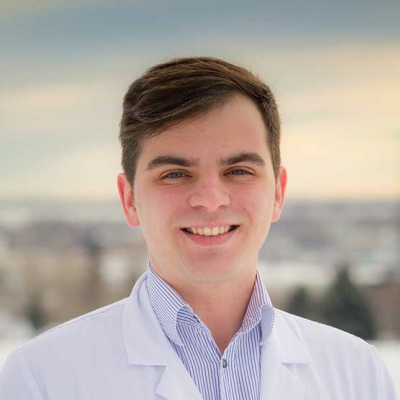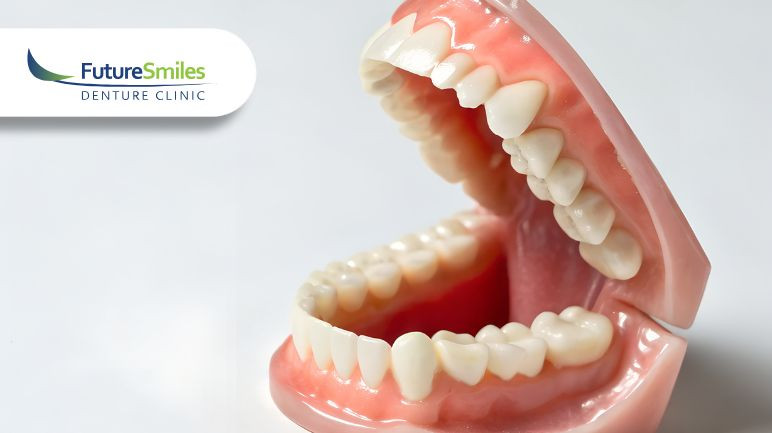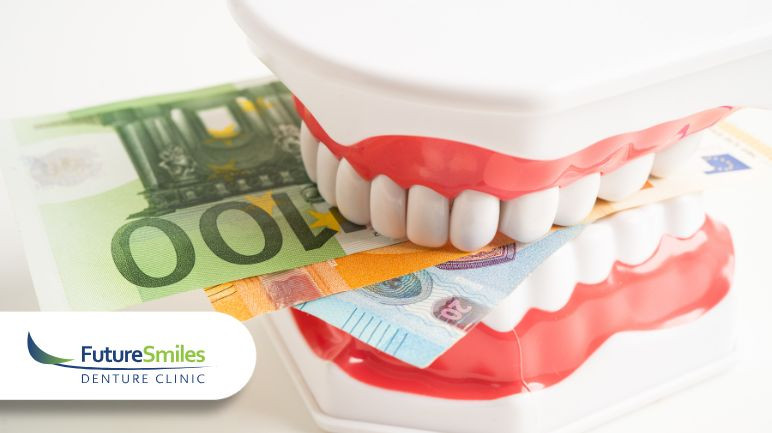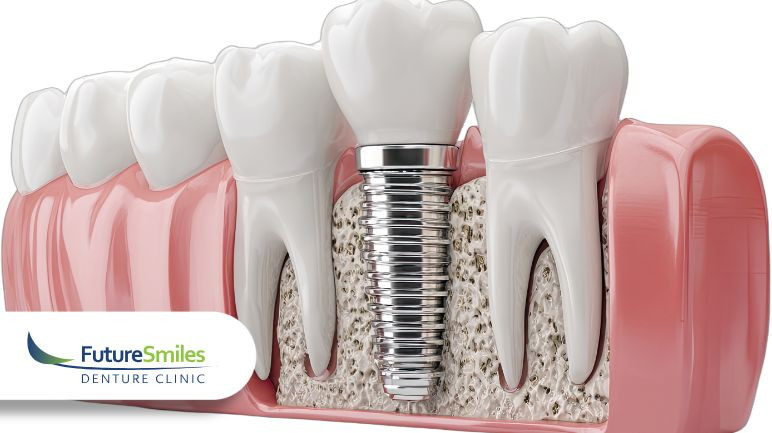Do you sometimes forget to remove your dentures at night? Here’s how sleeping in your dentures can put your oral & overall health at risk.
Overview
Whether you are experiencing tooth loss due to age, injury or gum disease, full/partial dentures are a convenient and affordable option to improve your appearance and oral health.
Traditional dentures have many benefits including:
- Natural-looking and comfortable
- Can be tailored to you and your particular oral issues
- Gives you back control of your diet, allowing for a healthier lifestyle
- Reduces sagging facial muscles
- Easy to adjust
Regardless of whether you opt for full or partial dentures, understanding how to take care of them properly is crucial to protect your oral health and ensure the comfort & longevity of your replacement teeth.
Dangers of Sleeping in Your Dentures
Some denture wearers might think it is more convenient to sleep in their replacement teeth, despite having been advised against it by their denturist.
However, not removing your dentures at night can result in serious oral and health complications including:
1. Gum Inflammation
Your gums are some of the most sensitive tissues in your mouth and are prone to irritation, such as those caused by dentures, and often require a break!
That’s why it’s important to remove your full/partial dentures when you go to sleep. Failing to do so could cause your gums to become inflamed and sore, making it difficult to wear your replacement teeth the following day.
2. Increased Risk of Pneumonia
Sleeping with your dentures increases your risk of developing pneumonia. In fact, this risk DOUBLES if you are 85 year of age or older.
Every night as you sleep, your mouth accumulates considerable moisture. If you are wearing your dentures, it becomes difficult to swallow and the fluid builds up.
One possible result is that the fluid gets pulled into your lungs, increasing your risk of developing a respiratory disease such as pneumonia.
3. Plaque Buildup
Plaque is the sticky film that forms in your mouth when bacteria gathers on the surface of your teeth and dentures.
When you sleep in your partial dentures, they reduce the flow of saliva on your remaining natural teeth, allowing oral bacteria (plaque) to build up and infect your gums. This can also weaken your dentures and accelerate their deterioration.
4. Mouth Sores
As previously mentioned, your gum tissues need time to breathe. If they are not given proper rest, they become inflamed, infected and can lead to painful mouth sores.
Mouth sores and inflammation make it very difficult and uncomfortable to wear dentures, which means that you may stop wearing your replacement teeth altogether.
Getting Used to Your New Full/Partial Dentures
If you are a first-time denture wearer, getting used to your replacement teeth will require some time and patience.
It is especially important to talk to your denturist about how to care for your replacement teeth correctly as this will make the transition more comfortable and protect your oral health for many years.
6 TIPS ON LOOKING AFTER YOUR PARTIAL DENTURES
- Eat soft foods for the first few weeks such as shakes and mashed potatoes
- Rinse with warm salt water after eating and/or if you experience some sore spots
- Use a denture adhesive to keep your dentures from moving
- Use a denture brush instead of a regular toothbrush to clean your replacement teeth
- Visit your denturist regularly so they can check the fit of your replacement teeth and ensure the health of your gums
- NEVER try to repair your dentures yourself
Learn More: 30-Day Guide for New Denture Wearers
Call Today
To find out more about our comprehensive denture solutions including partial dentures and denture implants, contact our Calgary clinic today at 403-475-0016 or book an appointment with our denturist.






